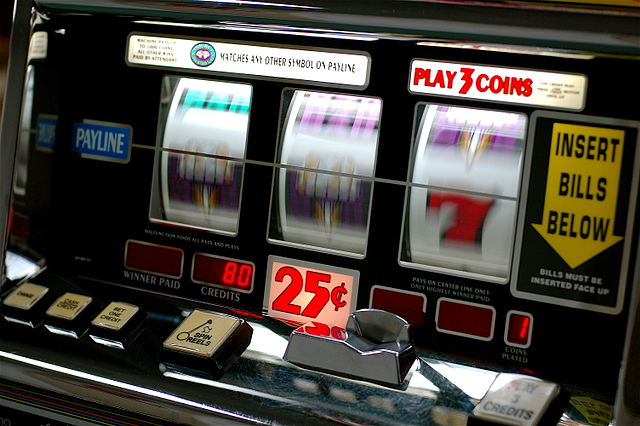The commercial speech decision by the Supreme Court in Posadas de Puerto Rico Associates v. Tourism Company of Puerto Rico, 478 U.S. 328 (1986), is known primarily for the analysis used by Justice William H. Rehnquist in his majority opinion, a position that the Court has repudiated in later decisions when it granted more protection to commercial speech.
Posadas violated advertising prohibition in Puerto Rico and sued
In 1948 the Puerto Rico legislature legalized certain forms of casino gambling but prohibited advertisement of gambling to the public of Puerto Rico. Posadas de Puerto Rico Associates opened a casino in 1975 and was fined several times for violating the advertising restrictions. When the regulatory agency Tourism Company of Puerto Rico threatened Posadas with nonrenewal of its gambling license, Posadas sued, claiming violation of its commercial speech rights under the U.S. Constitution.
Posadas lost case
The Supreme Court ultimately decided the case by applying the four-part test for determining the constitutionality of commercial speech regulations developed in Central Hudson Gas and Electric Corp. v. Public Service Commission (1980). Posadas lost 5-4. Three examples of Justice Rehnquist’s now-discredited analysis in Posadas are worth noting.
Rehnquist said reducing gambling demand was a substantial government interest
First, Rehnquist concluded that the government’s interest in reducing the demand for gambling among the Puerto Rican public was substantial and accepted the government’s unsupported assertion that “the challenged restrictions on commercial speech ‘directly advance’ the government’s asserted interest.” Consequently, the majority opinion focused on the fourth part of the Central Hudson test: “whether the restrictions on commercial speech are no more extensive than necessary to serve the government’s interest.”
However, in Edenfield v. Fane (1993) the Supreme Court rejected Rehnquist’s endorsement of an unsupported government assertion of interest. Justice Anthony M. Kennedy wrote for the Court: “[A] governmental body seeking to sustain a restriction on commercial speech must demonstrate that the harms it recites are real and that its restriction will in fact alleviate them to a material degree.”
Rehnquist rejected least restrictive means
Second, Posadas argued that the Puerto Rico legislature should have advanced a counter-speech campaign discouraging gambling. Justice Rehnquist rejected this less speech-restrictive means for achieving the government’s goal, asserting that “it is up to the legislature to decide” which approach is more effective.
Ten years later, four justices of the Court explicitly concluded in 44 Liquormart, Inc. v. Rhode Island (1996) that “Posadas clearly erred in concluding that it was ‘up to the legislature’ to choose suppression over a less speech-restrictive policy.” In two other decisions — Rubin v. Coors Brewing Co. (1995) and Greater New Orleans Broadcasting Association v. United States (1999) — the Court explicitly rejected legislative regulatory systems on the grounds that they were inconsistent and irrational — hardly a ringing endorsement of legislative autonomy.
Rehnquist said that if gambling could be banned, gambling advertising could be banned
Posadas also claimed that prior decisions in Carey v. Population Services International (1977) and Bigelow v.Virginia (1975) provided protection for advertising, but Justice Rehnquist asserted that, in Posadas, casino gambling was not a constitutionally protected activity and could have been prohibited altogether. He concluded that “the greater power to completely ban casino gambling necessarily includes the lesser power to ban advertising of casino gambling.”
In Greater New Orleans Broadcasting Association Justice John Paul Stevens, writing for eight justices (including Chief Justice Rehnquist), replied, “[T]he power to prohibit or regulate conduct does not necessarily include the power to prohibit or regulate speech about that conduct.”
This article was originally published in 2009. Richard A. “Tony” Parker is an Emeritus Professor of Speech Communication at Northern Arizona University. He is the editor of Speech on Trial: Communication Perspectives On Landmark Supreme Court Decisions which received the Franklyn S. Haiman Award for Distinguished Scholarship in Freedom of Expression from the National Communication Association in 1994.

